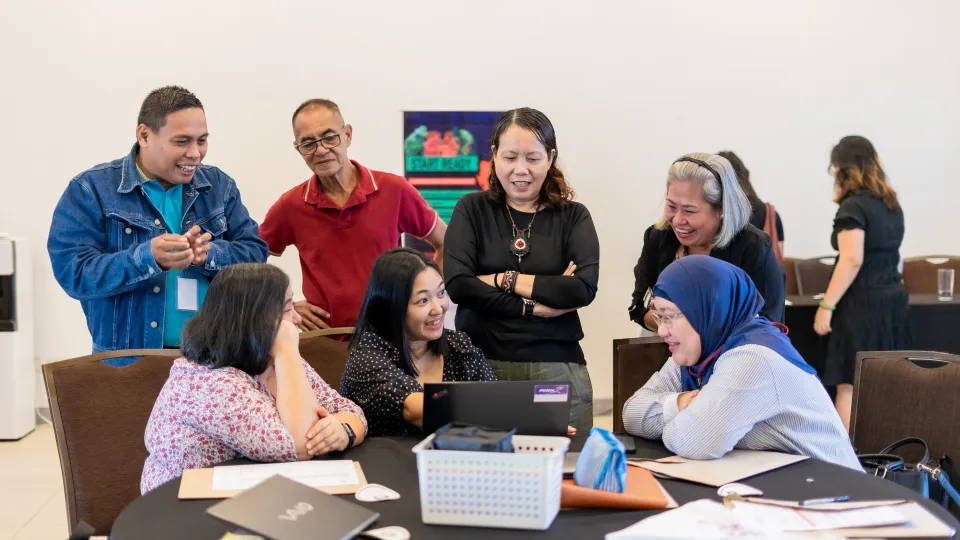
Building the Future of the Philippines Hub
Reflections from the Incubation Workshop by Acting Hub Coordinator Anna Maria Socorro M. Abalahin

Reflections from the Incubation Workshop by Acting Hub Coordinator Anna Maria Socorro M. Abalahin
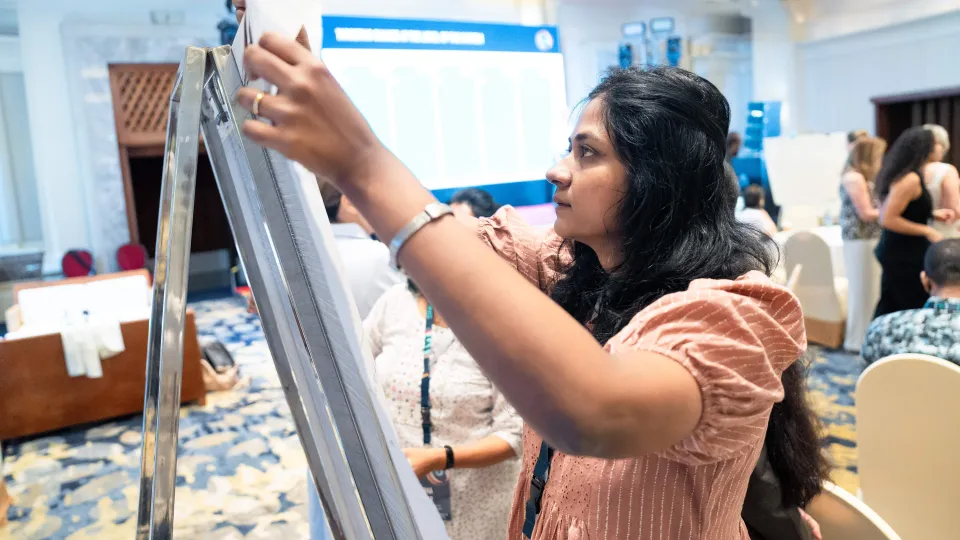
Contributed by Revathi Ramkumar, Deputy Hub Manager at India Humanitarian Hub
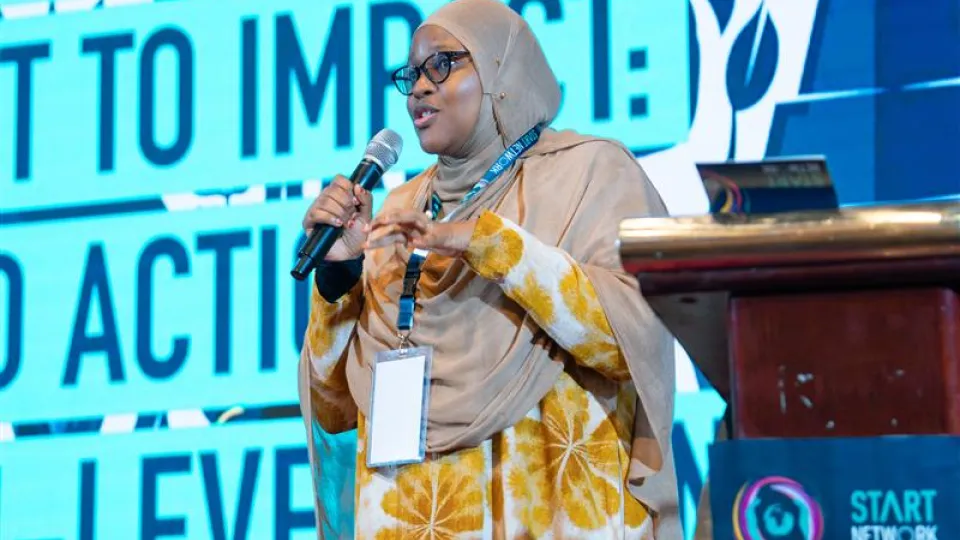
Contributed by Shahida Suleiman, Hub Coordinator of the Somalia Humanitarian Hub
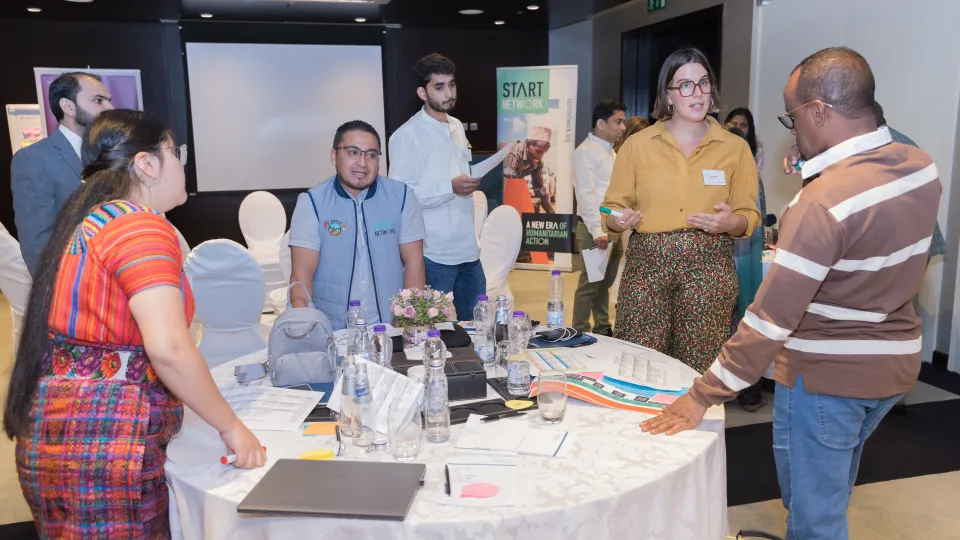
A reflection from Joyce Nyaboga and Beth Gathoni as we conclude this inspiring year with the Hub Fellowship Programme.
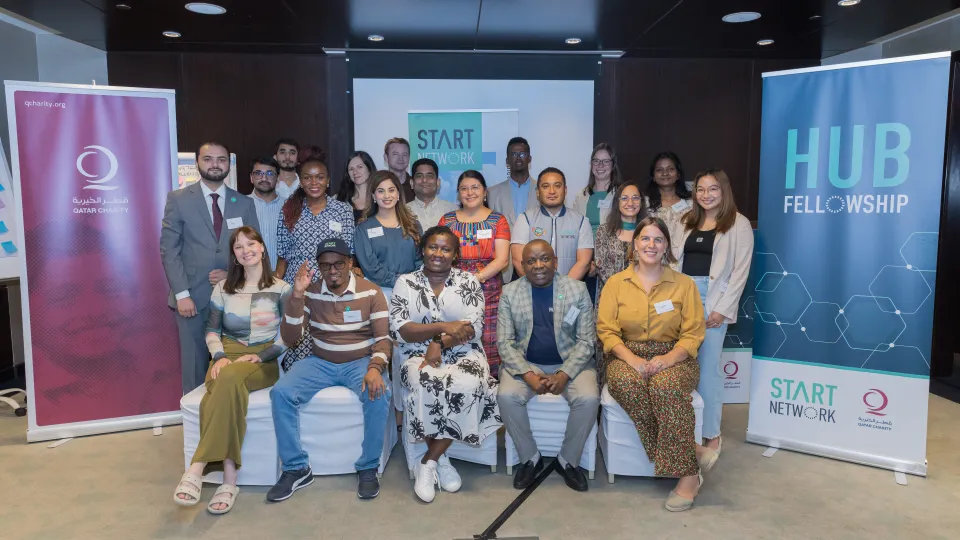
A reflection by Albashir Adan Ibrahim of Organization for Sustainable Development Africa (OSDA) on the recent Hub Fellowship 2024
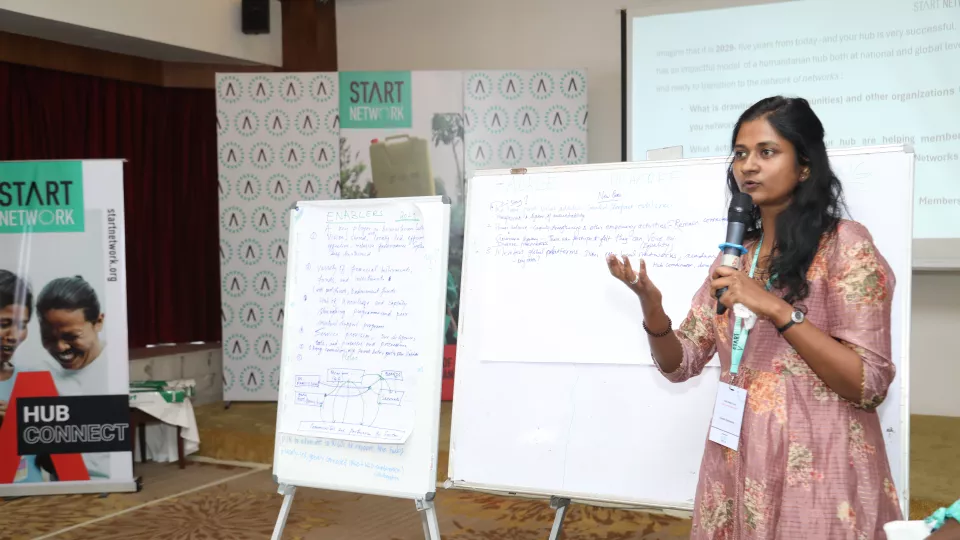
A reflection by Sudhanshu S. Singh of Humanitarian Aid International and Revathi Ramkumar of the India Humanitarian Hub on the recent Hub Connect 2024 in Kathmandu, Nepal
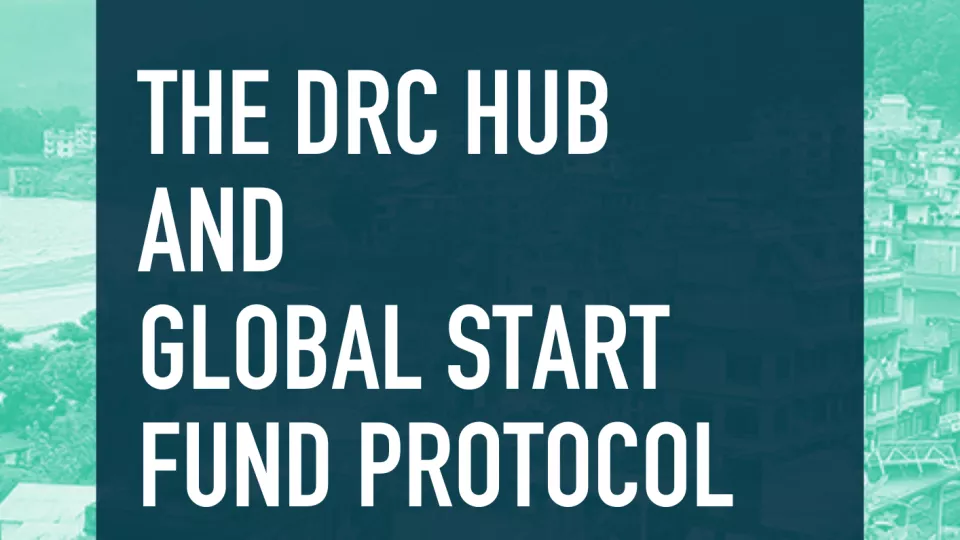
A protocol was developed following the discussion in the DRC Hub and members workshops in June 2022, and written in collaboration with DRC Hub leaders and member representatives.
Au cours de la derniére décennie, le système humanitaire mondial a fait l'objet de critiques systématiques de la part des pays du Sud.
Over the last decade, the global humanitarian system has faced systemic criticism by those in the Global South.
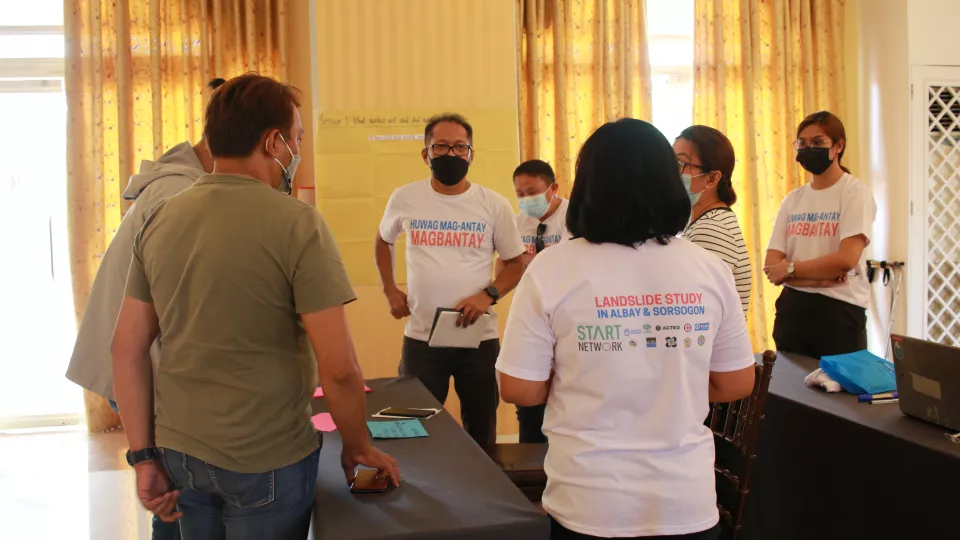
The humanitarian sector aims to be locally led and therefore, it is important that the humanitarian sector listens to organisations acting at the local scale, so we can learn from their experiences and adapt to meet their needs. Over recent years, Start Network has engaged local and national non-governmental organisations through interviews and surveys to determine ways in which humanitarian structures can do better to support them. Gathering perceptions from non-governmental organisations has led to some pertinent findings related to exclusionary practices that some organisations acting at the local scale experience and led to some key recommendations that humanitarian actors can begin to implement in order to build equitable partnerships. While more in-depth research on these systemic issues continues to be conducted by Start Network and other organisations, we hope that this overview can assist international actors to begin positively disrupting the traditional systems that create barriers to equity within crisis response.